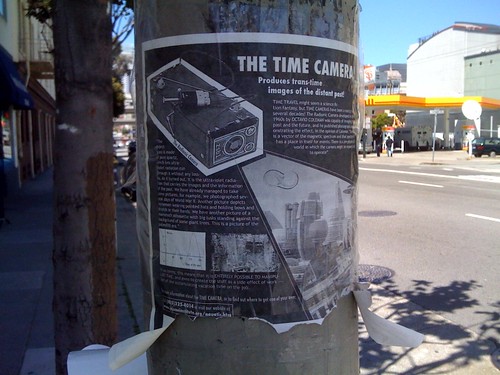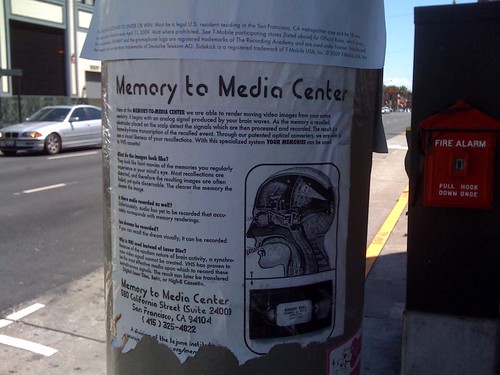Computer programming is a lot like writing. You use the same tools to do both (chair, computer, scraps of paper) and you have to follow a similar set of rules.
What sort of rules? There’s the strict rules, like syntax, grammar, and spelling. Then there’s the not-so-strict rules, like style and taste. Same idea, slightly different type of language.
Your program also has to “tell a story” in the sense that it’s telling the computer what to do. The stories have varying levels of complexity, but they often involve the same basic overall structure. Both tend to re-use tried and true plot devices that change the story as it goes along.
What are some differences between programming and writing?
- No matter how great you think your program is, it will never be printed out on paper. (Unless you’re writing a book about programming, in which case you’re writing as well so ha!)
- If nobody understand your book, it could still be a bestseller. If a computer doesn’t understand your program, nobody will buy it.
- Writers don’t have SCO filing patent claims on their work.
Next week’s post: Driving a car into a lake is a lot like making silly analogies.



